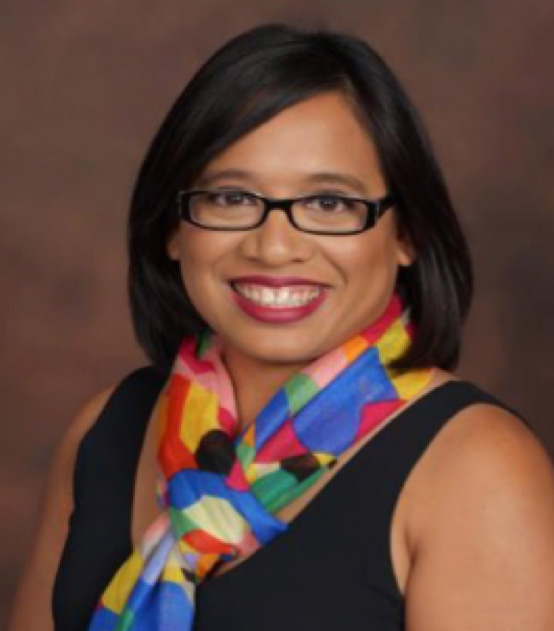Concevoir une approche didactique linguistiquement malléable en contextes scolaires multilingues
Regarder une captation du séminaire
Note : Adobe Flash est nécessaire pour lire la captation.
Note: La présentation sera bilingue.
Date : 30 janvier 2019
Heure : de 15 à 16 h
Sur place : CRX 408
En ligne : https://connect.uottawa.ca/educlang
Résumé du séminaire
Linguistic diversity is a defining feature of classrooms today. Historically, schools have forced multilingual students to leave their cultural and linguistic repertoires at the door of their classrooms, resulting in poor educational outcomes, family language loss (Wong-Fillmore, 2005), and identity devaluation (Cummins, 2018; Flores, 2016) for language minoritized students. As schools are increasingly filled with students from diverse backgrounds, it seems negligent, if not altogether wasteful, to ignore the linguistic and cultural resources within a school's very own language ecology as resources for developing ALL learners' critical multilingual language awareness (CMLA) (Garcia, 2017; Helot, 2018) and their appreciation for diversity. In alignment with the Multilingual Tum (May, 20 I 4; Conteh & Meier, 2014 ), I argue for the need to move beyond a linguistically inclusive orientation for multilingual students to a linguistically expansive orientation for all students. This talk draws on a Research-Practice Partnership (RPP) at Diversitas Elementary School, a culturally and linguistically diverse school in the US Midwest, investigating how students develop critical and creative multilingual language awareness through collaborative inquiry across the curriculum. I focus on the following question: How does transforming multilingualism and linguistic diversity from a problem into a resource impact all students? Drawing on data collected over the past four years through this RPP, I discuss designing and implementing teaching and learning through the prism of children's plurilingualism (Prasad, 20 I 5) based on five principles of Collaborative Learning through Multilingual Inquiry (CLMI). Using translanguaging moment analysis (Wei, 2011), I analyse several multilingual interactions that have arisen during CLMI classroom activities. Based on these empirical examples, I propose a power-centered critical multilingual language awareness framework as a tool to support schools in designing linguistically expansive instruction.
Conférencière
 Dr. Gail Prasad is an assistant professor in the Department of Curriculum & lnstrnction at the University of Wisconsin-Madison. Her current research focuses on social representations of multilingualism and linguistic diversity, as well as multilingual approaches to teaching and learning in K-12 settings and in teacher education.
Dr. Gail Prasad is an assistant professor in the Department of Curriculum & lnstrnction at the University of Wisconsin-Madison. Her current research focuses on social representations of multilingualism and linguistic diversity, as well as multilingual approaches to teaching and learning in K-12 settings and in teacher education.
